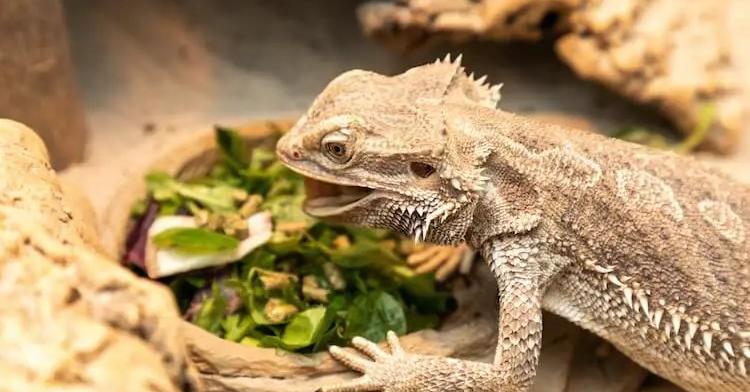Are you a proud owner of a bearded dragon? These fascinating reptiles make wonderful pets and require special care to ensure their well-being. One of the key aspects of caring for your bearded dragon is providing them with a well-rounded and nutritious diet. While insects like crickets and mealworms are common staples in their diet, incorporating superfoods can elevate their health and vitality. In this article, we’ll explore five surprising bearded dragon food needs right now.
Introduction
Bearded dragons are unique reptile companions known for their charming personalities and distinctive appearance. To keep them healthy and thriving, it’s crucial to provide them with a diverse and nutrient-rich diet. While insects are essential, the addition of superfoods can offer a plethora of health benefits that cater to their specific dietary requirements.
Why Superfoods Matter for Bearded Dragons
Superfoods are nutrient-dense foods that provide a concentrated source of vitamins, minerals, and antioxidants. These components contribute to your bearded dragon’s overall health by boosting their immune system, enhancing digestion, and supporting growth. Including superfoods in their diet can prevent deficiencies and ensure they lead a vibrant life.
The Top 5 Superfoods for Your Bearded Dragon
1. Kale: The Nutrient Powerhouse
Kale is a leafy green vegetable packed with vitamins such as A, C, and K. These vitamins play a vital role in maintaining strong bones, promoting healthy skin, and aiding in blood clotting. However, moderation is key as excessive consumption of kale can lead to thyroid issues.
2. Blueberries: Nature’s Antioxidant Boost
Blueberries are a fantastic source of antioxidants, which help combat oxidative stress and prevent cell damage. They are also rich in fiber and vitamin C, contributing to digestive health and immune support.
3. Butternut Squash: A Vitamin-Rich Delight
Butternut squash is a colorful vegetable that’s rich in vitamins like A and C, promoting good vision and immune function. Its natural sweetness makes it a tasty treat for your bearded dragon.
4. Edamame: Plant-Based Protein Source
Edamame, or young soybeans, offer a plant-based protein option for your bearded dragon. Protein is essential for growth and muscle development. Additionally, edamame contains fiber, folate, and various minerals.
5. Mango: Tropical Treat with Vitamins
Mango is a delicious tropical fruit that provides vitamins A and C, both important for skin health, vision, and immune function. Remember to remove the pit and offer small, manageable portions.
How to Incorporate Superfoods into Your Bearded Dragon’s Diet
Introducing superfoods into your bearded dragon’s diet requires careful consideration. Start by offering small portions to assess their preferences and tolerance. Rotate the superfoods to ensure a balanced intake of nutrients. Always remember to chop or dice the foods into appropriately sized pieces to prevent choking hazards.
Balancing Nutritional Needs
While superfoods are beneficial, it’s crucial to maintain a balanced diet for your bearded dragon. Incorporate a mix of insects, leafy greens, and other vegetables to ensure they receive a well-rounded nutritional profile.
Common Mistakes to Avoid
Avoid the mistake of overfeeding superfoods, as they should complement the existing diet rather than replace it. Additionally, be cautious with foods high in oxalates, which can hinder calcium absorption.
Consulting a Veterinarian for Dietary Advice
Before making significant changes to your bearded dragon’s diet, consult a reptile veterinarian. They can offer tailored advice based on your pet’s specific needs and help you create a nutritionally sound meal plan.
Conclusion
Incorporating superfoods into your bearded dragon’s diet is a wonderful way to enhance their health and well-being. By adding nutrient-rich options like kale, blueberries, butternut squash, edamame, and mango, you’re providing them with the best possible care. Remember that a balanced diet and regular veterinary check-ups are essential for ensuring your scaly friend leads a happy and thriving life.
